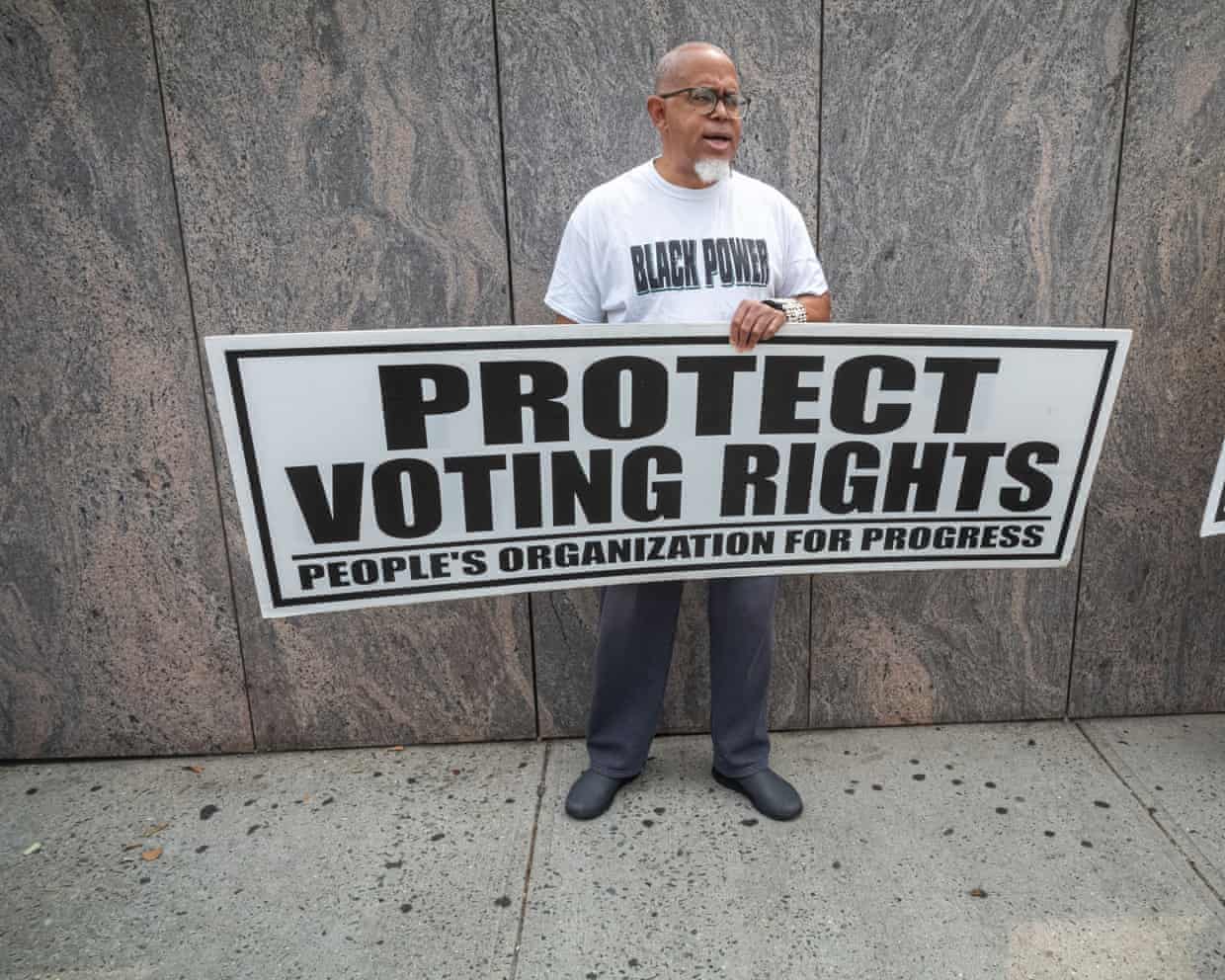
Defense bill bans males from women's sports at military academies
Entities mentioned:
- U.S. Congress: Duty, Competitive spirit, Control
- President Donald Trump: Power, Influence, Legacy
- Rep. Mike Rogers: Righteousness, Determination, Loyalty
- Pentagon: Control, Security, Professional pride
- Senate Majority Leader John Thune: Duty, Competitive spirit, Security
Article Assessment:
Credibility Score: 70/100
Bias Rating: 65/100 (Lean Right)
Sentiment Score: 55/100
Authoritarianism Risk: 60/100 (Mixed/Neutral)
Bias Analysis:
The article leans right, emphasizing conservative policy wins and framing transgender exclusion positively. Sources are mostly Republican, with limited opposing viewpoints presented.
Key metric: Military Readiness and Cohesion
Let me tell you something - this legislative play is a GAME-CHANGER! Congress is stepping up to the plate with a $901 billion defense package that's loaded with more plays than a championship playbook. The real MVP move here is banning biological males from women's sports at military academies. It's like they're calling an audible at the line of scrimmage, folks! This is about maintaining a level playing field and team cohesion in our armed forces. The Trump administration is running a full-court press on transgender policies, and Congress is backing that defensive strategy all the way. We're seeing a full-team effort here to reinforce the fundamentals of biological differences in athletic competition. It's a bold move in the fourth quarter of 2025, and it's clear they're playing to win on national security. This is the kind of competitive edge and strategic thinking that keeps America in the game on the global stage!

Fight over policing DC moves to Congress as parties split on control
Entities mentioned:
- U.S. Congress: Power, Control, Influence
- Washington D.C.: Self-preservation, Freedom, Security
- President Trump: Power, Control, Influence
- Republican Party: Control, Power, Righteousness
- Democratic Party: Justice, Freedom, Unity
- Rep. Andy Biggs: Control, Righteousness, Ambition
- Rep. Anna Paulina Luna: Control, Power, Loyalty
- Rep. Andy Ogles: Control, Power, Loyalty
- Sen. Mike Lee: Control, Power, Righteousness
- Rep. James Comer: Control, Righteousness, Professional pride
Article Assessment:
Credibility Score: 75/100
Bias Rating: 55/100 (Center)
Sentiment Score: 40/100
Authoritarianism Risk: 65/100 (Authoritarian Tendencies)
Bias Analysis:
The article presents multiple viewpoints and provides context for both Republican and Democratic positions. While it leans slightly towards emphasizing Republican actions, it also acknowledges potential drawbacks and Democratic counter-arguments.
Key metric: Federal-Local Government Relations
As a social scientist, I analyze that this article highlights a significant power struggle between federal and local government, specifically focusing on Washington D.C.'s home rule. The debate over policing in D.C. serves as a microcosm for broader issues of federalism and local autonomy in the United States. The Republican efforts to increase federal control over D.C. reflect a trend towards centralization of power, while Democratic resistance aims to maintain local governance. This conflict has implications for the balance of power between federal and local authorities, potentially setting precedents that could affect other cities. The article also underscores the political nature of crime and policing issues, with both parties attempting to leverage these topics for electoral advantage. The complexity of D.C.'s unique status as a federal district further complicates the issue, highlighting the ongoing challenges in American federalism.

Some Democrats want to use gerrymandering. That’s a bad idea
Entities mentioned:
- Democrats: Power, Justice, Ambition
- Republicans: Power, Control, Competitive spirit
- U.S. Congress: Power, Control, Legacy
- Trump: Power, Control, Ambition
Article Assessment:
Credibility Score: 65/100
Bias Rating: 40/100 (Lean Left)
Sentiment Score: 35/100
Authoritarianism Risk: 25/100 (Generally Democratic)
Bias Analysis:
The article leans slightly left, criticizing Republican gerrymandering more heavily and expressing concerns about Trump's influence. However, it also critiques Democratic strategies, maintaining some balance.
Key metric: Electoral Representation Fairness
As a social scientist, I analyze that this article highlights the complex issues surrounding gerrymandering and its impact on fair representation in the U.S. political system. The piece argues against the use of gerrymandering by Democrats, pointing out its potential backfire through 'dummymandering'. It also critically examines the 1929 Reapportionment Act, suggesting that increasing the number of House representatives could mitigate gerrymandering effects and improve representation. The analysis extends to the Electoral College system, proposing that more House seats would make it more representative of the population. The article concludes by questioning whether Democrats should take a more aggressive stance against perceived authoritarianism, reflecting the tension between maintaining democratic norms and combating perceived threats to democracy.